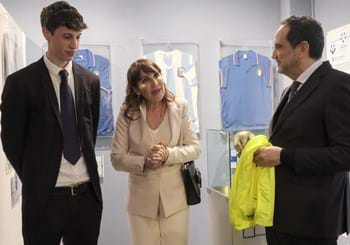
In memory of Artemio Franchi: one hundred and two years ago, one of the greatest Italian sports executives was born
He was the head of FIGC and UEFA; under his presidency, the Azzurri won the 1968 Euros. Numerous memorabilia at the Coverciano Museum commemorate his extraordinary managerial careerMonday, January 8, 2024

One hundred and two years ago, on 8 January 1922, in Florence, the man considered by many as the greatest Italian sports executive of all time, Artemio Franchi, was born.
As the President of FIGC (from 1967 to 1976 and from 1978 to 1980), Franchi also held significant international roles – he was the president of UEFA, vice president of FIFA, and president of the referee commission for both UEFA and FIFA. Additionally, he was a recurrent member of the organizing committee for the World Cup, participating in a total of six editions of the tournament.
Assuming the role of federal president at one of the lowest points in the history of Italian football, right after the elimination from the 1966 World Cup by North Korea and following some epochal decisions (including the ban on the purchase of foreign players, also under his influence), he quickly managed to turn the fortunes of the Azzurri around. Under his presidency, Italy became the European champion in 1968 and reached the World Cup final two years later in 1970.
He tragically passed away in a road accident on 12 August 1983, a year after Italy's third star at the World Cup in Spain '82, which he experienced as the sitting vice president of FIFA. The wake was held in the auditorium of Coverciano, a symbol of his dearest place and the embodiment of his reformative work.
The memorabilia and the coin. On display at the Football Museum of Coverciano, there is some of his memorabilia that remember his extraordinary career. Among them is a five Swiss franc coin, donated by his son Francesco, now one of the members of the Museum's Executive Committee. It is the famous 'coin' used by the referee, “the German” Kurt Tschenscher, to determine the winner of the 1968 European Championship semifinal between Italy and the Soviet Union. At that time, penalty kicks were not considered in case of a draw at the end of extra time, so a draw had to be conducted to determine the finalist. The toss favoured the Azzurri, and today, that very coin is on display in the exhibition part of the Football Museum of Coverciano, next to the jersey of the then-Italian captain, Giacinto Facchetti.


